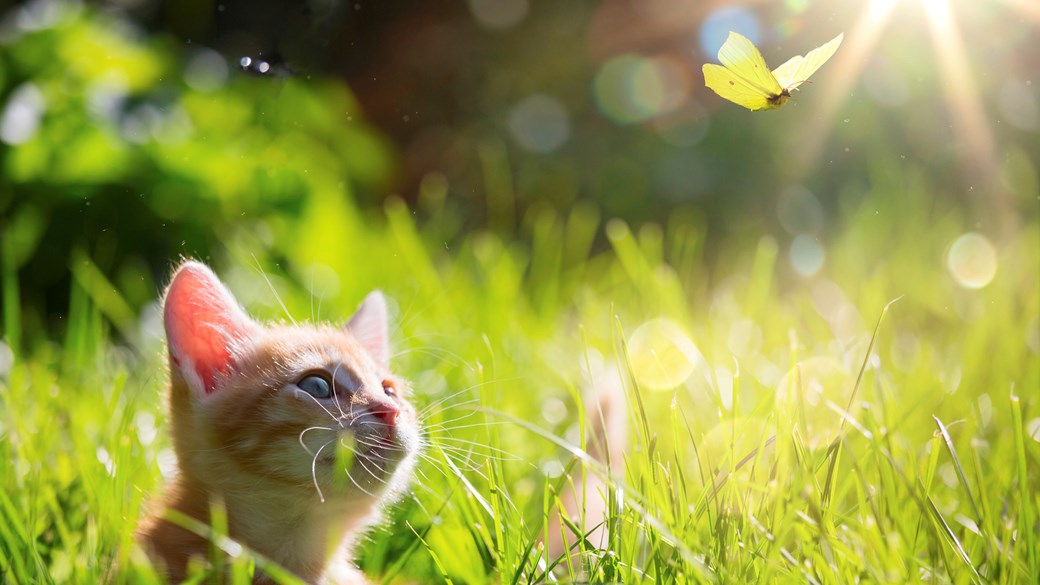
Worms and Your Cat
Regular worming treatment will help keep parasites at bay
Worms are a very common parasite in the UK, and many of our cats are affected – even indoor cats can pick them up, from something as simple as a little soil on shoes. Fleas can also carry worms and infect our cats, as well as being a hugely annoying parasite themselves! This can affect the health of our cats, but also carries a human health risk. Keeping our cats worm-free is a critical part of having a happy, healthy household.
There are several different types of worm that can affect your cat.
Types of worm that can affect your cat
Roundworms are the most common type of worm seen in cats in the UK – the name for the most common of these is Toxocara cati. This worm spends most of its lifecycle in the gut, but can also burrow into other body tissues and organs. These worms can also affect humans, and can cause blindness in children, so regular worm treatments are a must.
Tapeworms live in the intestines, and attach to the wall of the intestine with sharp teeth. Tapeworms typically feed on the nutrients within the gut, and can grow to incredible lengths! These long worms reproduce by breaking into small segments and these segments, which look like grains of rice, may be seen in your cat’s faeces.
Hookworm infection of cats is very rare in the UK but, as bloodsuckers, an infestation can be deadly – especially in kittens. Not all our UK hookworm species can affect cats, but several can, and hookworm is also seen more commonly in mainland Europe, where up to 10% of cats may be affected.
Heartworms are not found naturally in the UK, but are a risk for cats who travel abroad. Heartworms are transmitted by infected mosquitos and live in the heart of affected cats, leading to heart failure and even death without treatment.
A totally different species from dog lungworm, cat lungworm (Aelurostrongylus abstrusus) may be affecting 2% of our UK cats. This parasite can cause coughing or difficulty breathing, and diagnosis seems to be growing within the UK.
